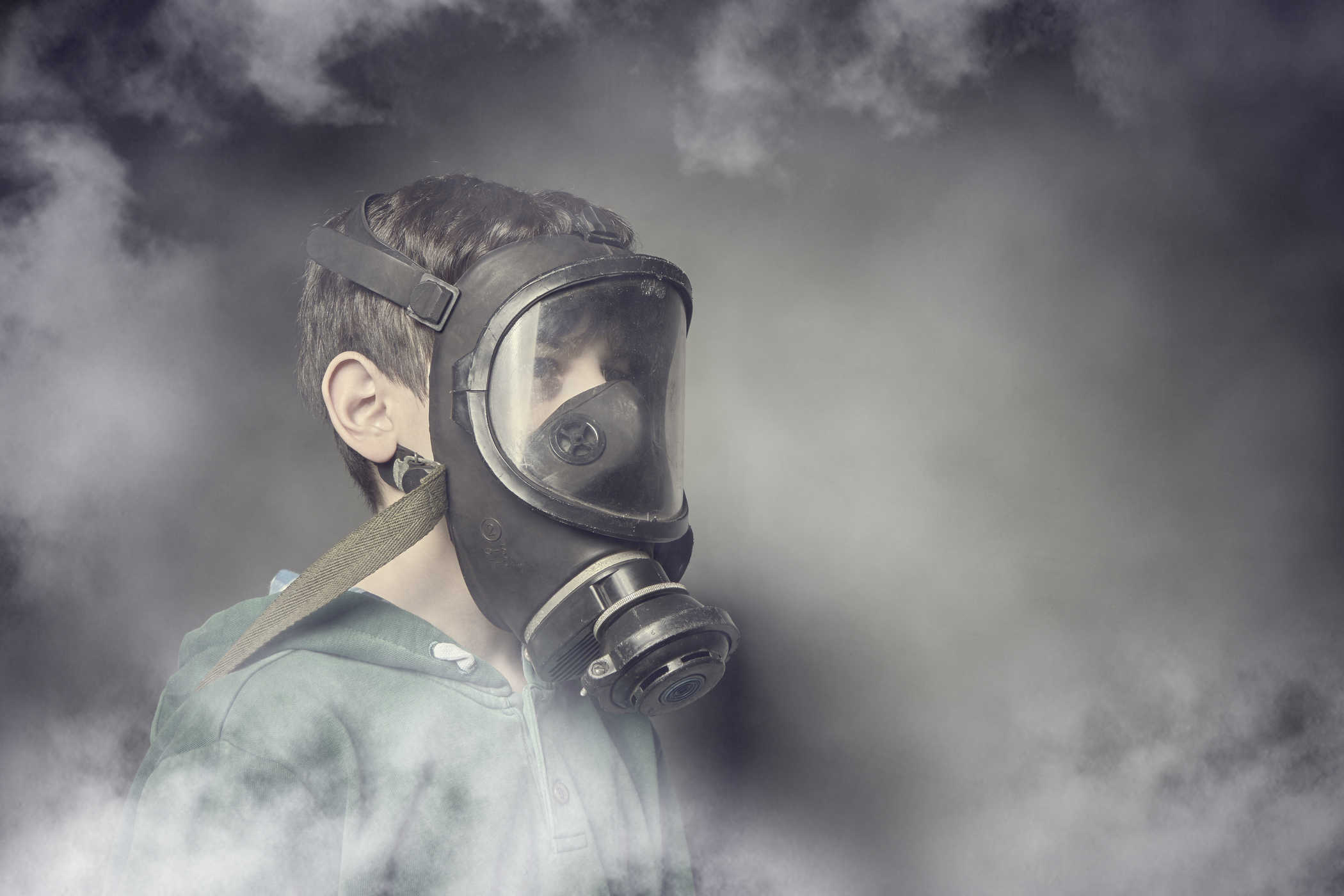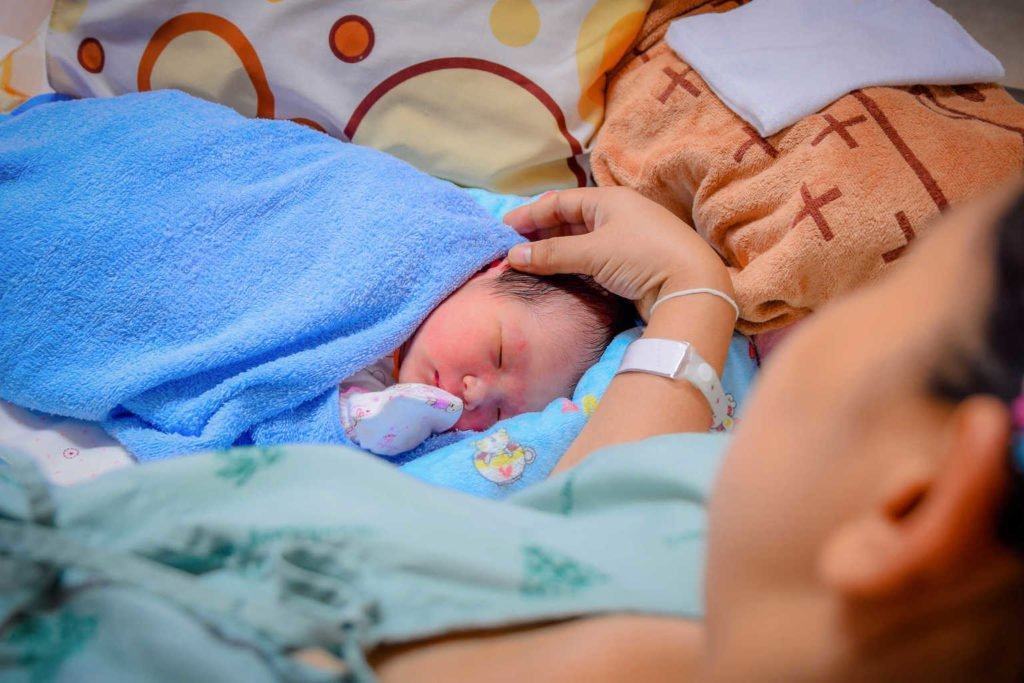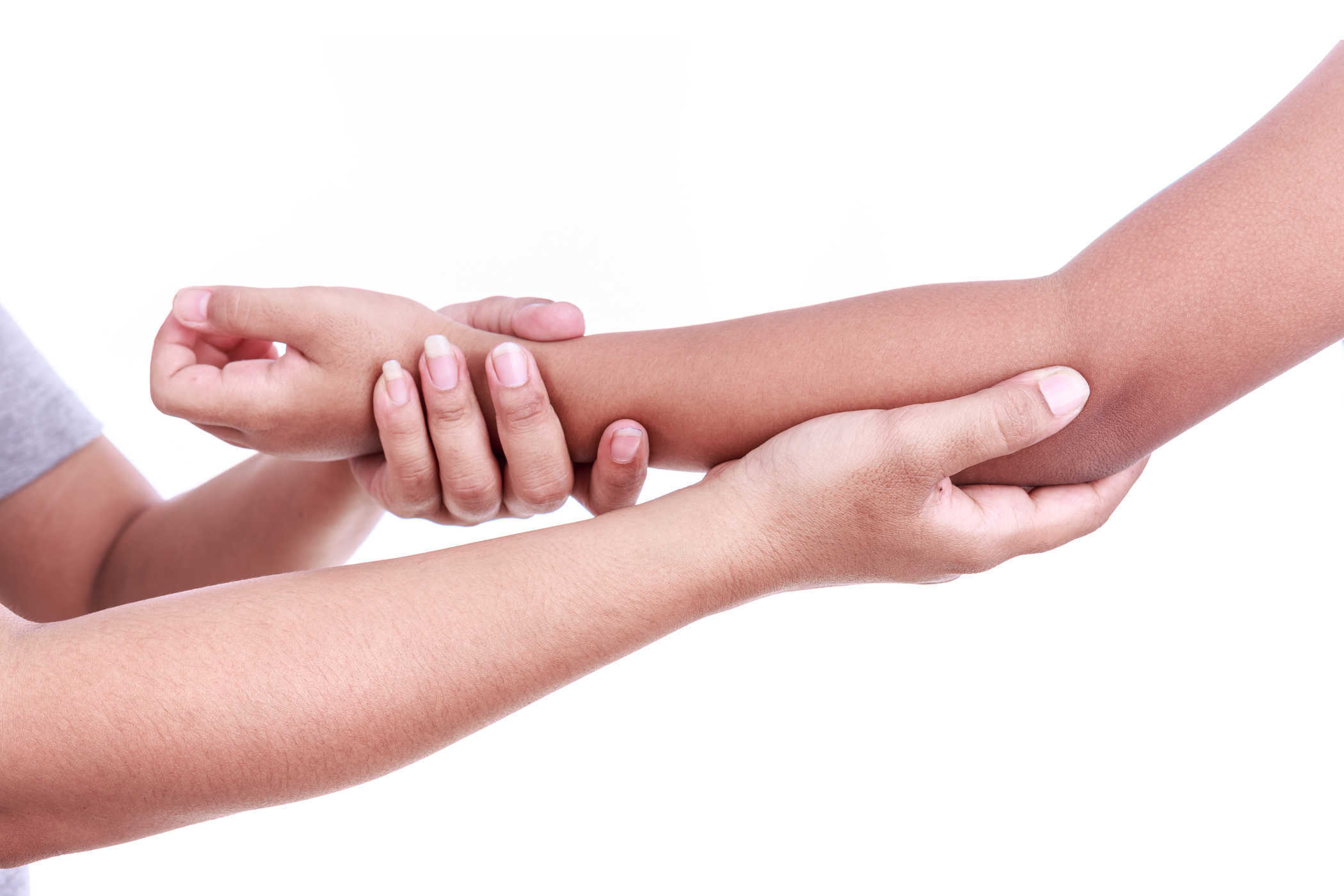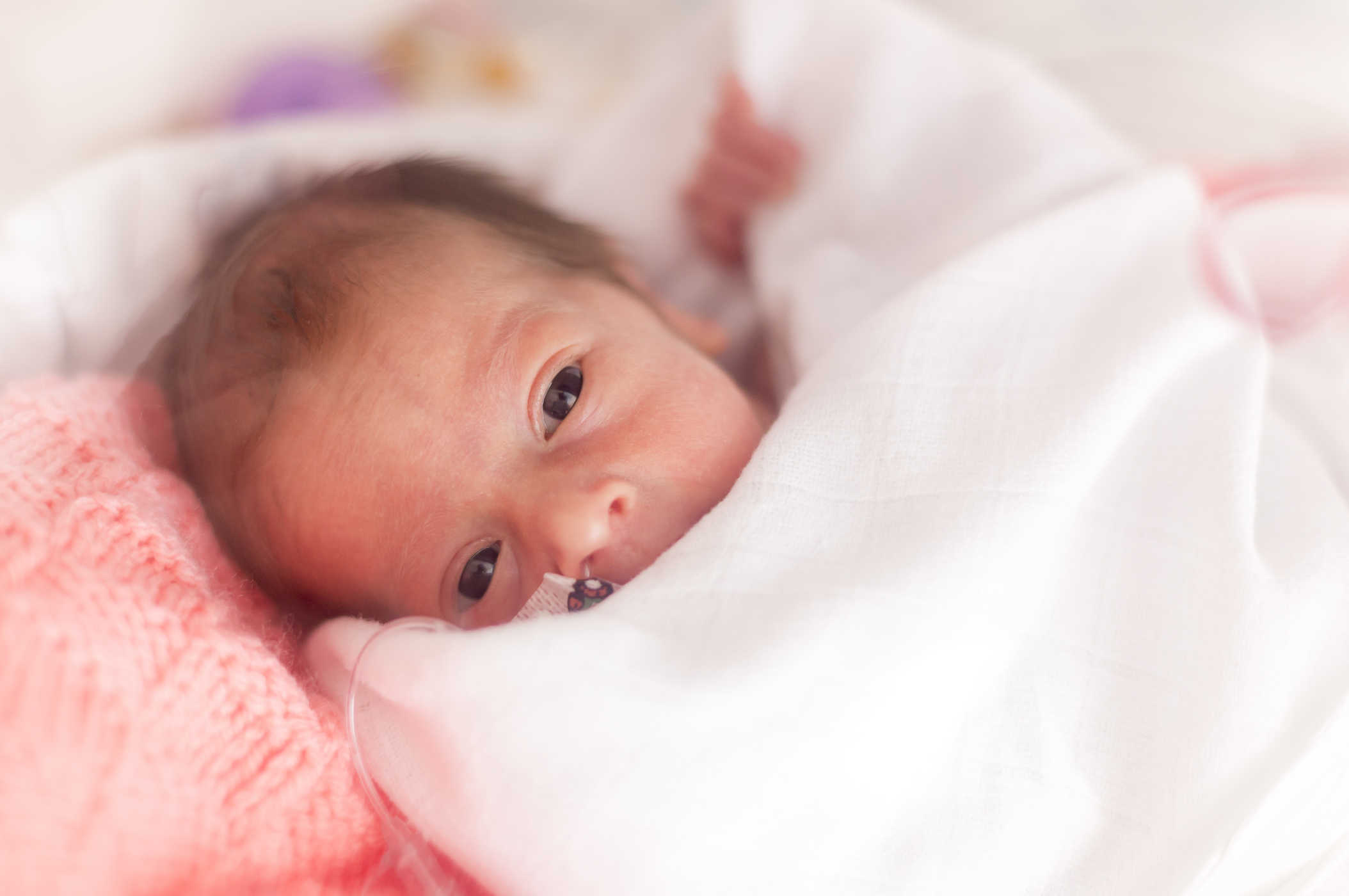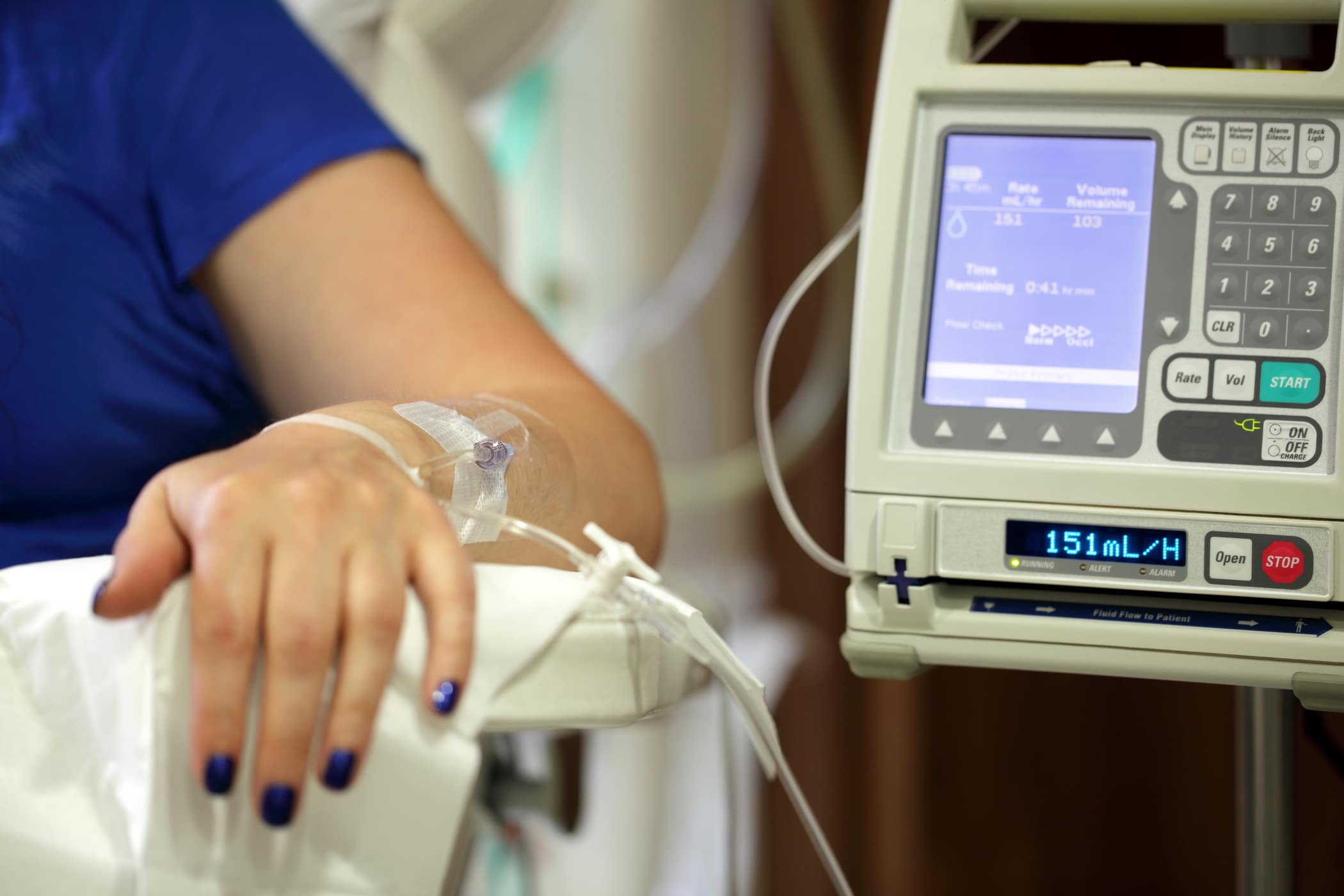Contents:
Medical Video: Rotavirus is Common in Young Children
1. Definition
What is rotavirus?
Rotavirus is a major cause of acute gastroenteritis (serious vomiting and diarrhea) that affects many children throughout the world.
What are the signs and symptoms?
Infected children can experience severe watery diarrhea, often accompanied by vomiting, fever, and abdominal pain. Water vomiting and diarrhea can last for 3 to 8 days. Additional symptoms include loss of appetite and dehydration (loss of body fluids), which can be very dangerous for babies and children
Symptoms of dehydration include:
- Reduced urine
- Dry mouth and throat
- Difficulty standing up
Dehydrated children can also continue to cry with a little tears or even no tears, and usually accompanied by drowsiness or fuss.
Adults who get rotavirus disease tend to have milder symptoms.
2. How to overcome them
What should I do?
There are no antiviral drugs to treat rotavirus infections. Antibiotics will not help because antibiotics only fight bacteria, not viruses.
Rotavirus infection can cause serious vomiting and diarrhea. This can develop into dehydration (loss of body fluids). During rotavirus infection, infants and children, adults, and people affected by other diseases are mostly at risk for dehydration.
The best way to fight dehydration is to drink lots of water. The rehydration solution that you can get from food and beverage supermarkets can be very helpful in dealing with mild dehydration. Serious dehydration may require hospitalization with an IV (IV) infusion, which is given directly to the patient through a vein. If you feel serious dehydration, or your loved one experiences it, contact your doctor immediately.
When do I have to see a doctor?
If you feel you or someone you love is seriously dehydrated, contact your doctor.
3. Prevention
Rotavirus can spread very easily. Washing hands and maintaining cleanliness are important, but that is not enough to control the spread of the disease.
The rotavirus vaccine is very effective in preventing rotavirus gastroenteritis which is followed by diarrhea and other symptoms. Babies are recommended to get routine vaccinations with one of the two vaccines available:
- RotaTeq® (RV5), given in 3 doses at 2 months, 4 months, 6 months
- Rotarix® (RV1), given in 2 doses at the age of 2 months and 4 months
Both rotavirus vaccines are given by mouth. The vaccine is very effective (85% to 98%) in preventing serious rotavirus disease in infants and children, including rotavirus infections that require hospital care.
The rotavirus vaccine cannot prevent diarrhea or vomiting caused by viruses or other pathogens.


